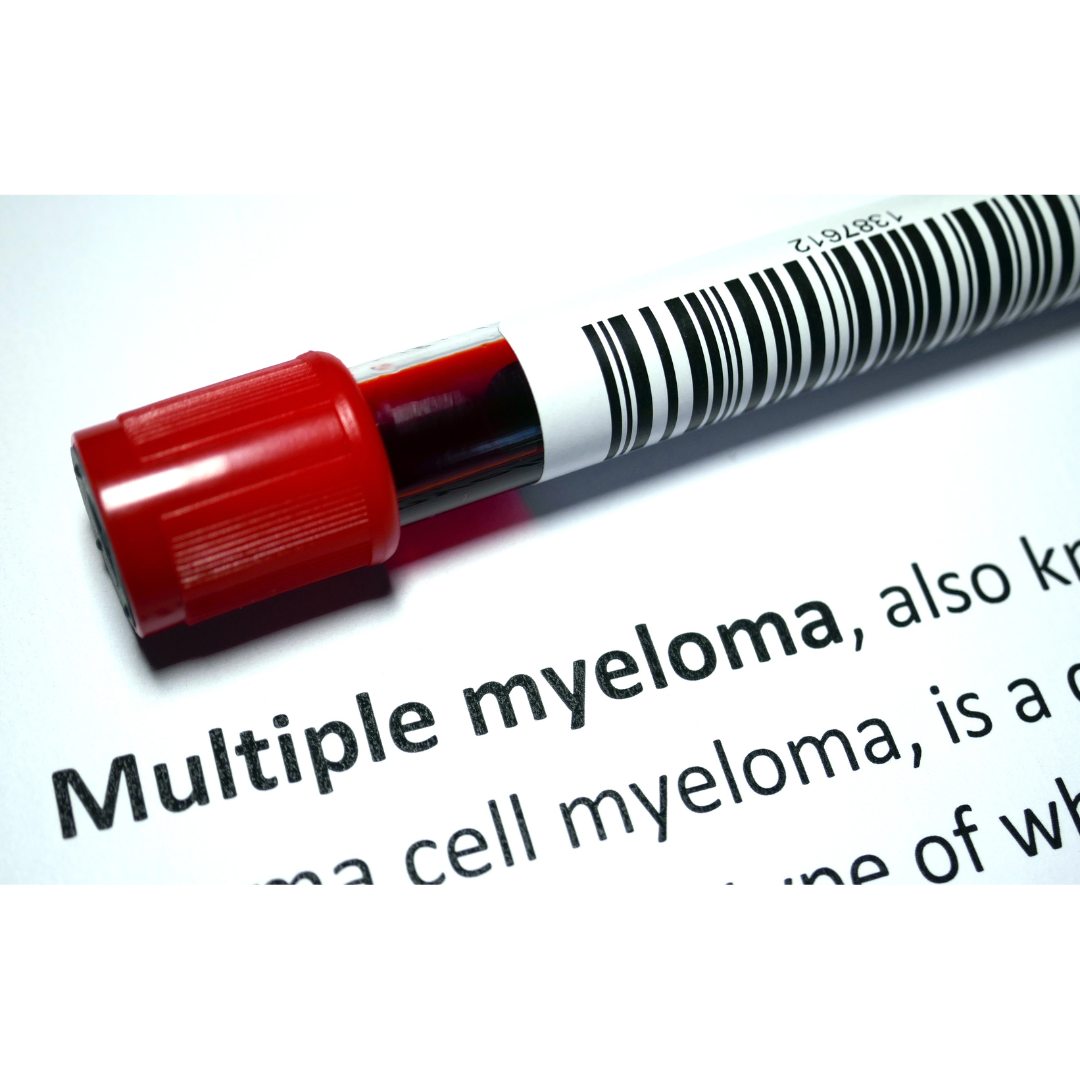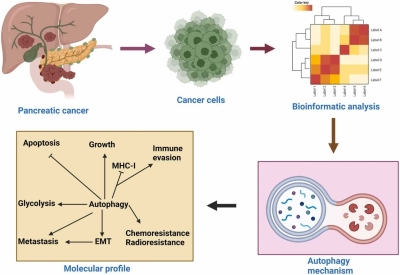
Identified: Proteins’ role in the activation of a gene driving cancer growth
A hallmark of cancer cells is the ability to grow indefinitely, which in most tumors depends on the enzyme telomerase. Previous work had shown that the telomerase gene, TERT, is









